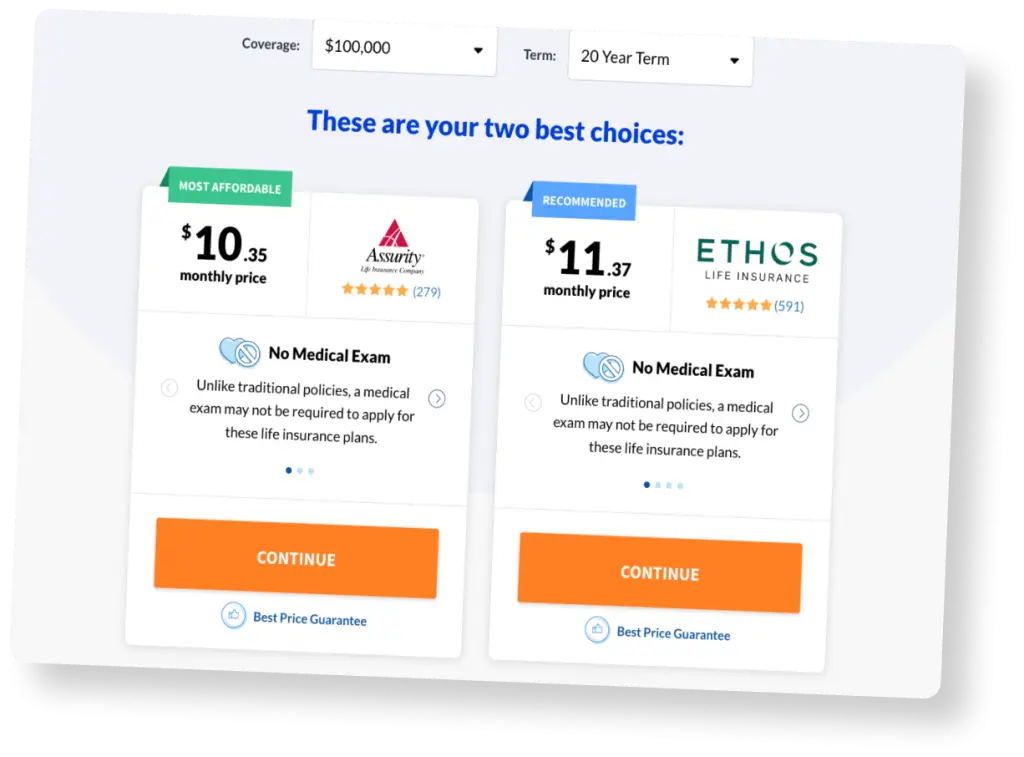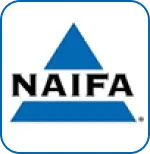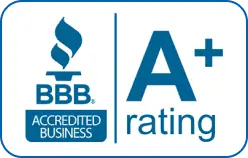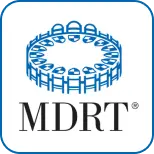Working out the Small Business Administration (SBA) loan route for your business financing can be a complex task, especially when it comes to understanding and meeting the insurance requirements.
SBA loans, renowned for their favorable terms and lower down payments, are a lifeline for many small businesses seeking financial support. However, the path to getting these loans involves more than just meeting a criterion; it demands a thorough preparation for specific insurance coverages.
We’re shedding light on the insurance prerequisites essential for SBA loan approval. From life insurance to liability coverage, understanding these requirements is crucial for any business owner pursuing an SBA loan. Let’s get into it.
Understanding SBA Loans
Small Business Administration (SBA) loans are a cornerstone of support for entrepreneurs and small businesses in the US. Designed to provide easier access to funding, these loans are particularly beneficial for businesses struggling to secure financing through traditional channels.
The SBA doesn’t lend money directly; it guarantees loans made by participating lenders, reducing their risk and encouraging them to lend to small businesses.
Several types of SBA loans are tailored to different business needs. The 7(a) loan program is the most common, offering financial assistance for various business purposes, from working capital to equipment purchase. Microloans and CDC/504 loans are other notable types, supporting smaller-scale financing needs and major fixed asset purchases.
While eligibility varies, typically, businesses must operate for profit within the US, have reasonable invested equity, and demonstrate a need for the loan.
Overview of Required Insurance for SBA Loans
If you’re after an SBA loan, you’re going to need to prove you have the right insurance in place. These insurance requirements are put in place to protect both the lender and the borrower from unforeseen circumstances that could impact the business’s ability to repay the loan. Understanding and complying with these insurance requirements is crucial for a smooth loan application process and the ongoing stability of the business.
The types of insurance required typically depend on the nature of the business and the loan’s specific terms. Generally, this includes life insurance, particularly for sole proprietors or businesses whose success is closely tied to an individual’s involvement. Disability insurance is often necessary to ensure loan repayment continuity if the business owner faces unexpected health issues.
Property and liability insurance are also standard requirements, safeguarding the business’s physical and financial assets. Each type of insurance plays a critical role in securing the business’s financial health and the lender’s interests.
Types of Required Insurance
Life Insurance
Life insurance is often a prerequisite for SBA loans, especially for small businesses where the owner’s role is the company’s lifeblood. This insurance ensures that, in the unfortunate event of the owner’s death or loss of mental capacity, the loan can be repaid, thereby safeguarding the business’s continuity and protecting the lender’s investment.
The policy amount typically corresponds to the loan value, and the lender is often named as the beneficiary, at least to the extent of the loan balance.
Disability Insurance
Disability insurance is crucial in covering instances where a business owner cannot work due to illness or injury.
This type of insurance provides a safety net, ensuring that the business can continue to operate and meet its loan obligations even if the owner is incapacitated. For SBA loans, lenders may require proof of disability insurance to mitigate the risk of disrupted loan repayments.
Property Insurance
Property insurance is mandatory for businesses that own physical assets, such as buildings or equipment, which are used as collateral for the loan. This insurance covers damages from events like fires, theft, or natural disasters, ensuring that the value of the collateral is maintained. The coverage amount should generally align with the value of the insured assets.
Liability Insurance
Liability insurance protects a business against claims such as accidents, injuries, or negligence. It’s particularly important for businesses that interact directly with customers. This insurance helps cover legal costs and settlements, which could be financially devastating and affect the business’s ability to repay the SBA loan.
Other Relevant Insurance Types
Other insurance types may be required depending on the business type and location. For instance, businesses in flood-prone areas might need flood insurance, while those with a high risk of interruption may require business interruption insurance. These specialized insurances further safeguard the business’s operation and loan repayment capability in the face of specific risks.
How to Navigate the Insurance Requirements
Successfully navigating the insurance requirements for an SBA loan means getting smart with your application. Firstly, understanding the specific insurance needs of your loan type is crucial. Different SBA loan programs may have varying insurance prerequisites, so clarifying these with your lender is essential.
Be proactive in addressing these requirements well ahead of your loan application. Gathering necessary documentation and ensuring all policies are current will streamline the process. Also, be aware of common pitfalls, such as underinsuring or overlooking certain policy clauses, which could delay loan approval.
Consulting with an experienced insurance agent who understands the intricacies of SBA loans can be invaluable. They can provide tailored advice and help you source the most appropriate policies for your business’s needs. If you need support with your SBA loan application, contact us today to see how we can help.
Wrapping Up
Understanding and complying with the insurance requirements for SBA loans is critical in securing financial support for your small business. These requirements are designed not just to protect the lender, but to ensure the longevity and stability of your business.
By meeting these insurance prerequisites, you’re demonstrating responsibility and foresight, qualities that are essential for successful business ownership. These don’t go unnoticed by lenders, and you’re well on your way to securing your company’s future.
Are you preparing to apply for an SBA loan? Don’t let the complexity of insurance requirements overwhelm you. Contact our experts today for personalized advice and solutions tailored to your company’s needs. Secure your financial future with the right coverage and step confidently towards achieving your business goals.














